Scientists Develop Ultra-Precise Lasers to Remove Cancers Without Damaging Healthy Tissue
Two methods of light therapy are being developed by Heriot-Watt University in Edenborough, one involves using lasers to kill cancer cells.
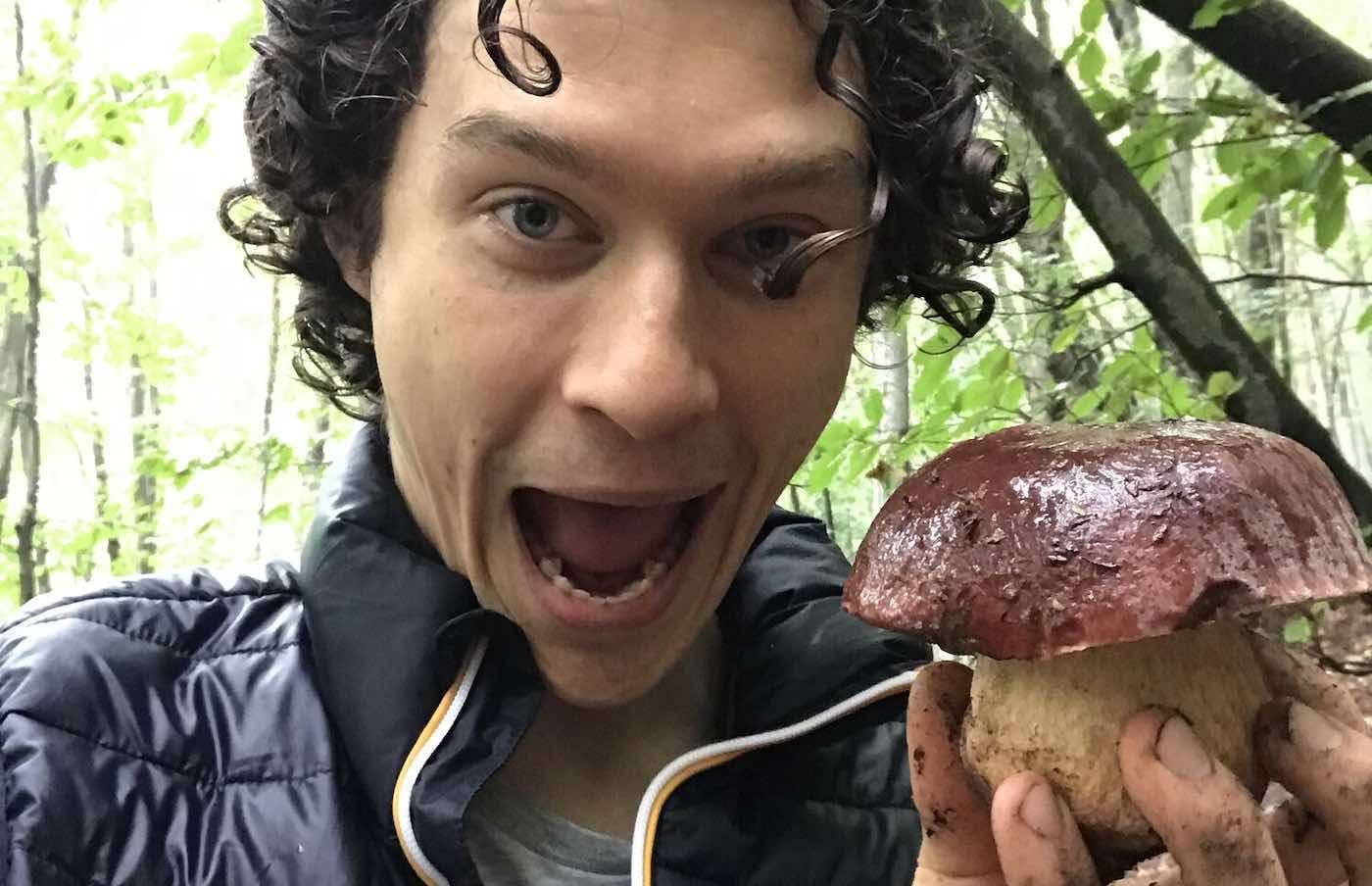
Mushrooms have been used as food and medicine for thousands of years, and it's becoming more common for researchers to announce new therapeutic interventions based on different species.
Even though it's common for people to tell you that 80% of mushrooms are poisonous, the ones that aren't offer nutrients which are often hard to find in more commonly consumed foods.
For brain health, there are few things better, and many mushrooms are now powdered and sold as "nootropic" supplements, with claims that they enhance memory and mental performance.
Others have been found to inhibit cancer growth and proliferation, and others are studied for respiratory infections.
Putting aside the traditional use of mushrooms in our society—namely for pizza toppings and hallucinogenic trips, new names for new purposes are finding their way into health food stores and magazines, and here are just a few.
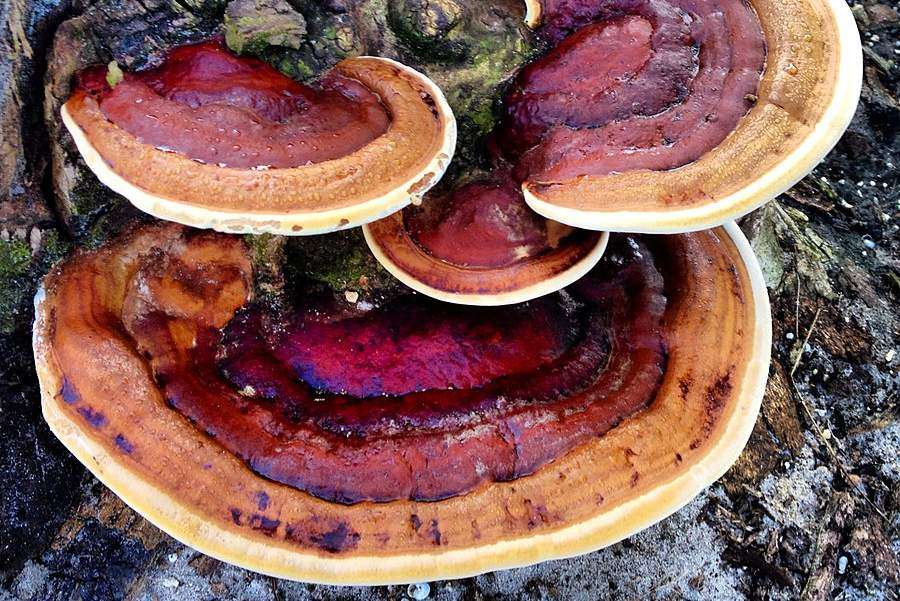
"For over 2000 years reishi mushrooms have been recognized by Chinese medical professionals as a valuable remedy," reads a study from the American-Eurasian Journal of Botany. Its Chinese name means "spiritual potency," while it's also known as the "mushroom of immortality," and the "medicine of kings."
Studies have shown reishi mushrooms strengthen and improve the "competence" of the immune system through their content of triterpenes. They can protect the liver, significantly inhibit all four types of allergic reactions, and activate immune cells, particularly ones which kill tumor cells, and invasive bacteria.
While it doesn't demonstrate anti-senescence, lengthen telomeres, or boost NAD+ levels— hallmarks of the modern understanding of longevity—any one of the things it can ameliorate could just as easily end a life, so in a sense, the "mushroom of immortality" earns its moniker.
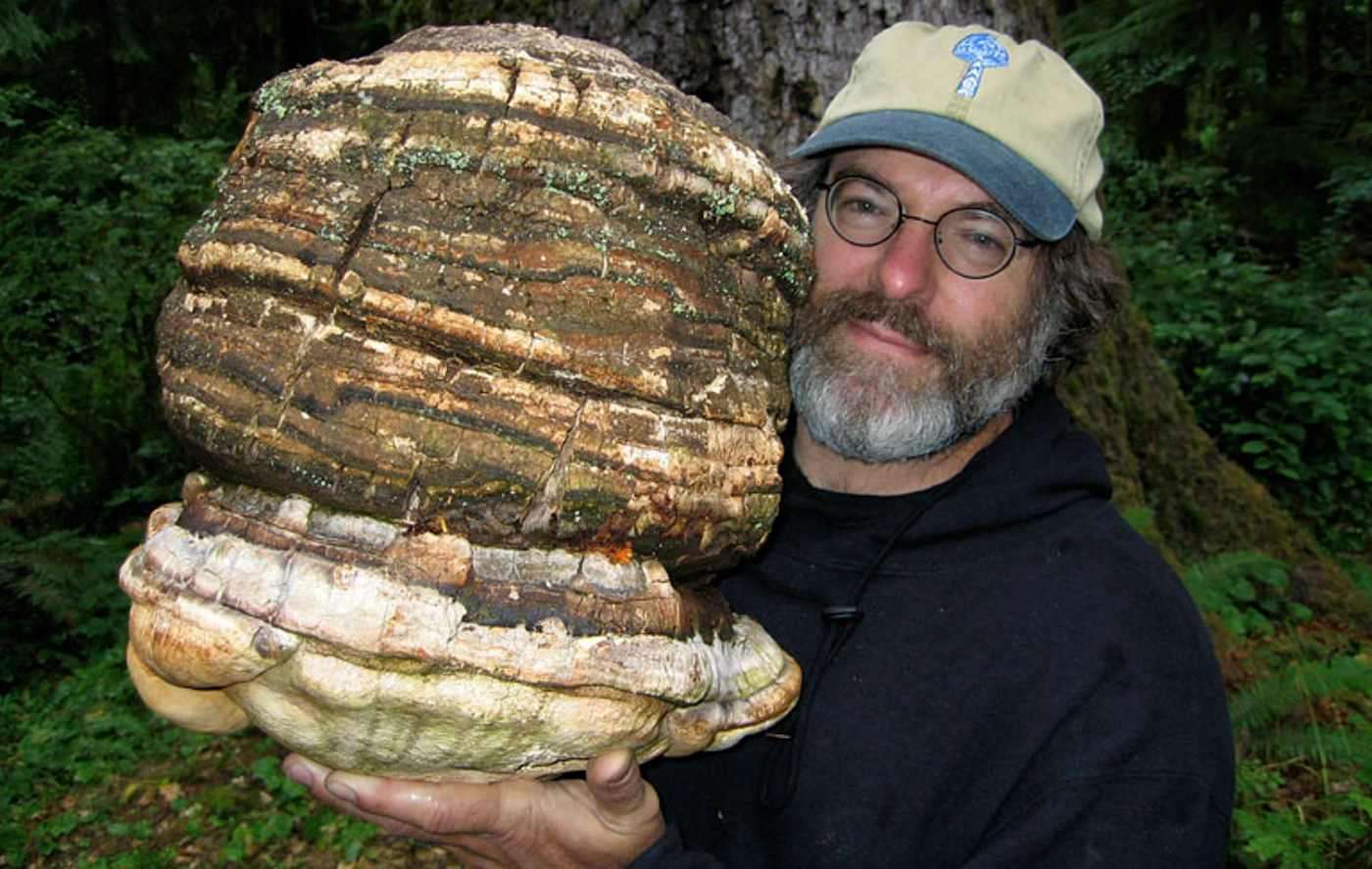
"This rare, old-growth mushroom has a multi-thousand-year history of use in Europe," world-renowned mycologist Paul Stamets told Rochelle Baker at Canada's National Observer.
Stamets is referring to a little-known mushroom called agarikon, which he has worked to protect in North America. He notes that ancient Greek physician Dioscorides actually described agarikon in his works, calling it the elixir of long life—particularly when used to treat tuberculosis.
Now Stamets believes that agarikon and the old-growth forests in which it thrives should be protected and cultivated for use as a public health remedy for coronaviruses, as well as other respiratory illnesses, due to its role as a potent immune system aid.
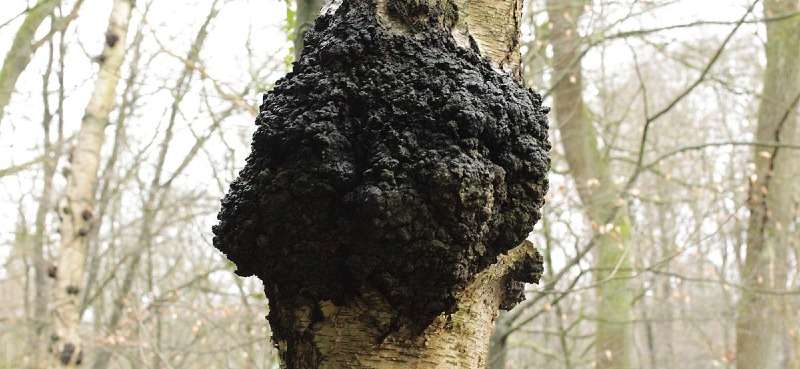
As fun to say as it is good for you, chaga has actually been extensively studied for use as a therapeutic intervention. Lacking only accreditation as a nootropic, mood regulator, or for other brain-related effects, there is one very important role which chaga can perform—as an inhibitor of DNA damage.
A South Korean study found that 40% less DNA damage was observed in human lymphocytes when treated with compounds brought about by the consumption of chaga. Lymphocytes are a type of white blood cell, and one of the main immune cells.
Another study found that chaga inhibited tumor cell growth in human hepatoma cells (liver cancer), among the references for which were other anti-tumor, anti-bacterial, and hepato-protective studies.
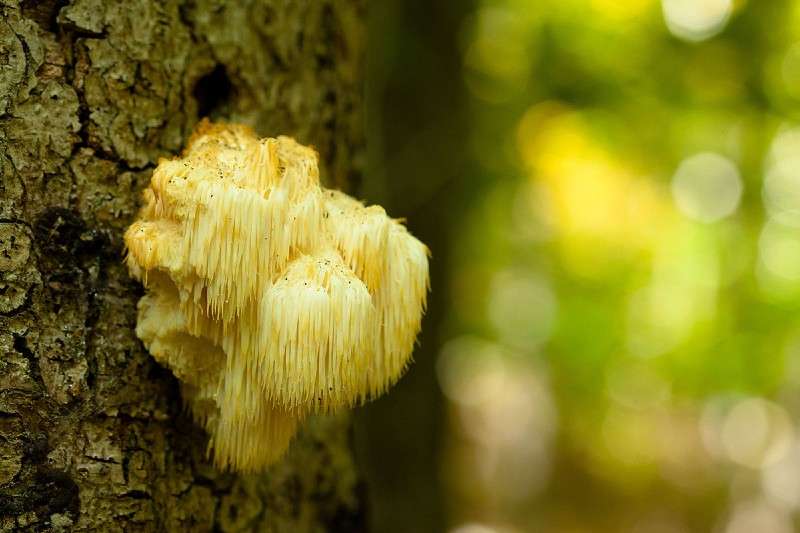
In a study from the Journal of Agriculture and Food Chemistry that is close to receiving 100 citations, the authors note that they are sequestering a large and scattered body of literature to present the nutritional compounds and effects of the lion's mane mushroom.
The reported benefits, according to the researchers, include, "antibiotic, anticarcinogenic, antidiabetic, antifatigue, antihypertensive, antihyperlipodemic, antisenescence, cardioprotective, hepatoprotective, nephroprotective, and neuroprotective properties and improvement of anxiety, cognitive function, and depression."
For the authors, they note that it is particularly the anti-inflammatory, antioxidative, and immuno-stimulating properties, shown in both human and animal cells, that gives this mushroom such a protective role in our biology.
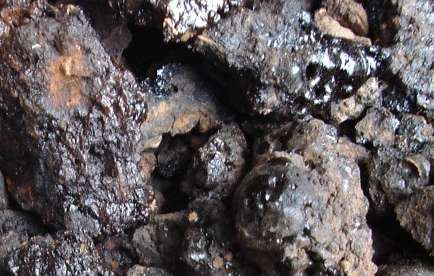
While many people consider this blackish tar-like substance found in the Himalayas to be a fungus, it's actually a kind of soil called humus. It's composed significantly of organic compounds, like triterpenes, phenolic lipids, and small tannoids: three things often present in large quantities in mushrooms.
Still, the ancient North Indians and denizens of the mountains there have used it for thousands of years, and its name, Divya Rasayan, means "celestial super vitalizer."
Even though it's common for people to tell you that 80% of mushrooms are poisonous, the ones that aren't offer nutrients which are often hard to find in more commonly consumed foods.
For brain health, there are few things better, and many mushrooms are now powdered and sold as "nootropic" supplements, with claims that they enhance memory and mental performance.
Others have been found to inhibit cancer growth and proliferation, and others are studied for respiratory infections.
Putting aside the traditional use of mushrooms in our society—namely for pizza toppings and hallucinogenic trips, new names for new purposes are finding their way into health food stores and magazines, and here are just a few.

"For over 2000 years reishi mushrooms have been recognized by Chinese medical professionals as a valuable remedy," reads a study from the American-Eurasian Journal of Botany. Its Chinese name means "spiritual potency," while it's also known as the "mushroom of immortality," and the "medicine of kings."
Studies have shown reishi mushrooms strengthen and improve the "competence" of the immune system through their content of triterpenes. They can protect the liver, significantly inhibit all four types of allergic reactions, and activate immune cells, particularly ones which kill tumor cells, and invasive bacteria.
While it doesn't demonstrate anti-senescence, lengthen telomeres, or boost NAD+ levels— hallmarks of the modern understanding of longevity—any one of the things it can ameliorate could just as easily end a life, so in a sense, the "mushroom of immortality" earns its moniker.

"This rare, old-growth mushroom has a multi-thousand-year history of use in Europe," world-renowned mycologist Paul Stamets told Rochelle Baker at Canada's National Observer.
Stamets is referring to a little-known mushroom called agarikon, which he has worked to protect in North America. He notes that ancient Greek physician Dioscorides actually described agarikon in his works, calling it the elixir of long life—particularly when used to treat tuberculosis.
Now Stamets believes that agarikon and the old-growth forests in which it thrives should be protected and cultivated for use as a public health remedy for coronaviruses, as well as other respiratory illnesses, due to its role as a potent immune system aid.

As fun to say as it is good for you, chaga has actually been extensively studied for use as a therapeutic intervention. Lacking only accreditation as a nootropic, mood regulator, or for other brain-related effects, there is one very important role which chaga can perform—as an inhibitor of DNA damage.
A South Korean study found that 40% less DNA damage was observed in human lymphocytes when treated with compounds brought about by the consumption of chaga. Lymphocytes are a type of white blood cell, and one of the main immune cells.
Another study found that chaga inhibited tumor cell growth in human hepatoma cells (liver cancer), among the references for which were other anti-tumor, anti-bacterial, and hepato-protective studies.

In a study from the Journal of Agriculture and Food Chemistry that is close to receiving 100 citations, the authors note that they are sequestering a large and scattered body of literature to present the nutritional compounds and effects of the lion's mane mushroom.
The reported benefits, according to the researchers, include, "antibiotic, anticarcinogenic, antidiabetic, antifatigue, antihypertensive, antihyperlipodemic, antisenescence, cardioprotective, hepatoprotective, nephroprotective, and neuroprotective properties and improvement of anxiety, cognitive function, and depression."
For the authors, they note that it is particularly the anti-inflammatory, antioxidative, and immuno-stimulating properties, shown in both human and animal cells, that gives this mushroom such a protective role in our biology.

While many people consider this blackish tar-like substance found in the Himalayas to be a fungus, it's actually a kind of soil called humus. It's composed significantly of organic compounds, like triterpenes, phenolic lipids, and small tannoids: three things often present in large quantities in mushrooms.
Still, the ancient North Indians and denizens of the mountains there have used it for thousands of years, and its name, Divya Rasayan, means "celestial super vitalizer."
Studies have been done on shilajit which concluded nootropic effects, and others which looked at the properties shilajit's content of fulvic acid, a compound which shuttles nutrients like energy, vitamins, and minerals into the cells in much higher quantities than other carriers like blood cells.
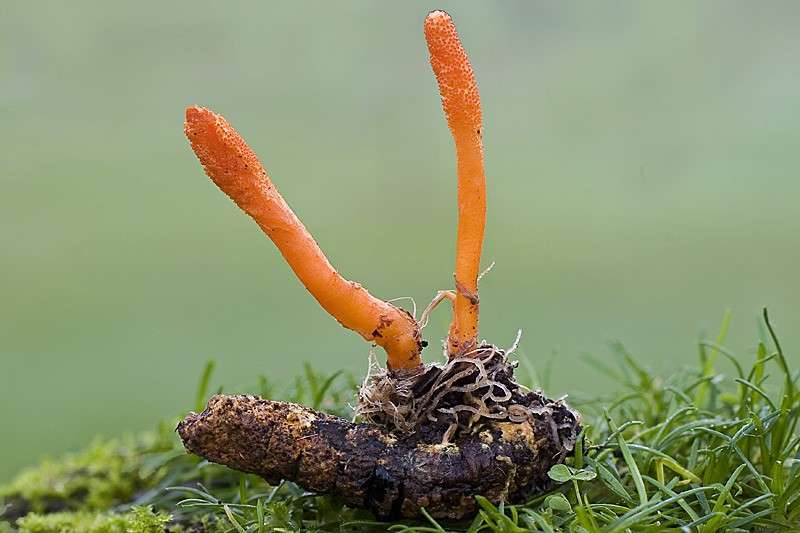
There's little debate about the benefits of cordyceps, which one study noted is used to "maintain vivacity and for boosting immunity." That same study noted the only thing misunderstood about cordyceps is whether its nutrients confer protective effects like a nutritional supplement, or whether they're strong enough to be administered in medicine.
Another study noted its uses could be described as "adaptogenic, anti-oxidant, anti-aging, neuroprotective, nootropic, immunomodulatory, anti-cancer, hepatoprotective," and even, the study notes, an aphrodisiac.
Yet another study described it as "one of the most valuable medicinal mushrooms and nutraceuticals in China." The researchers cited other studies that showed both powerful anti-oxidant capabilities, and, perhaps most valuably, a tempering of the release of TNF-alpha and IL-1b-beta.
These molecules are known as inflammatory cytokines, which, being necessary for wound healing, are one of the major drivers in models of unhealthy aging.
CHECK OUT: Eating Mushrooms a Few Times a Week Could Dramatically Reduce Dementia Risk, Says 6-Year Study
Far from slimy, insect-ridden markers of death and decay, each fungus has huge potential as something bordering between nutritional supplements and outright medicine, and the incorporation of them in your diet can be a great idea.
SHARE the Fascinating News From the Fungi Kingdom With the Mushroom Fans in Your Life…
Be the first to comment